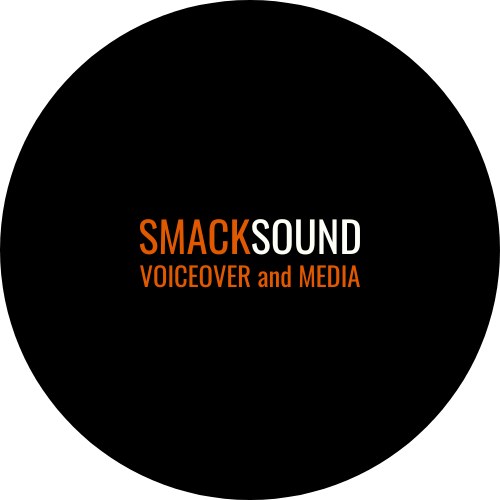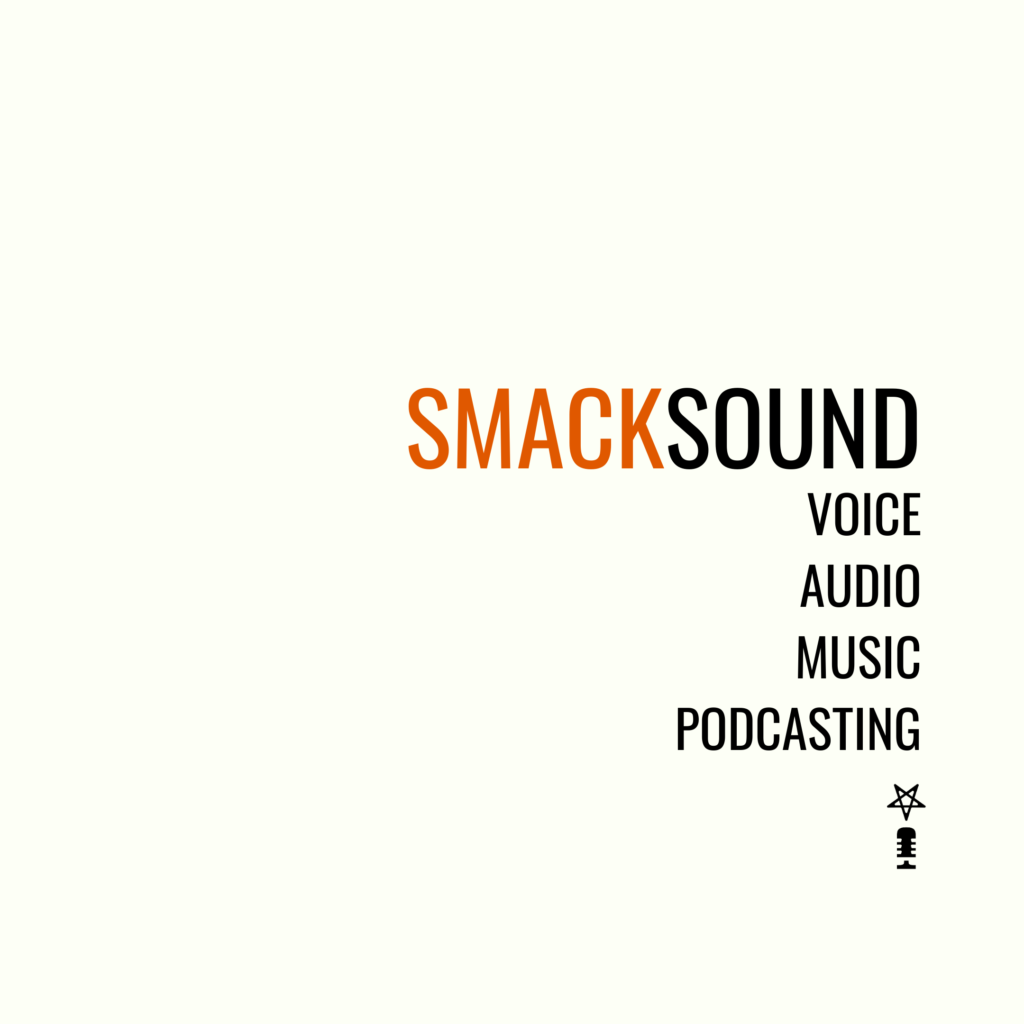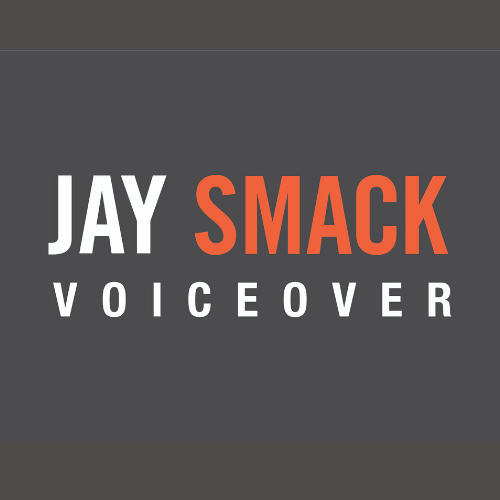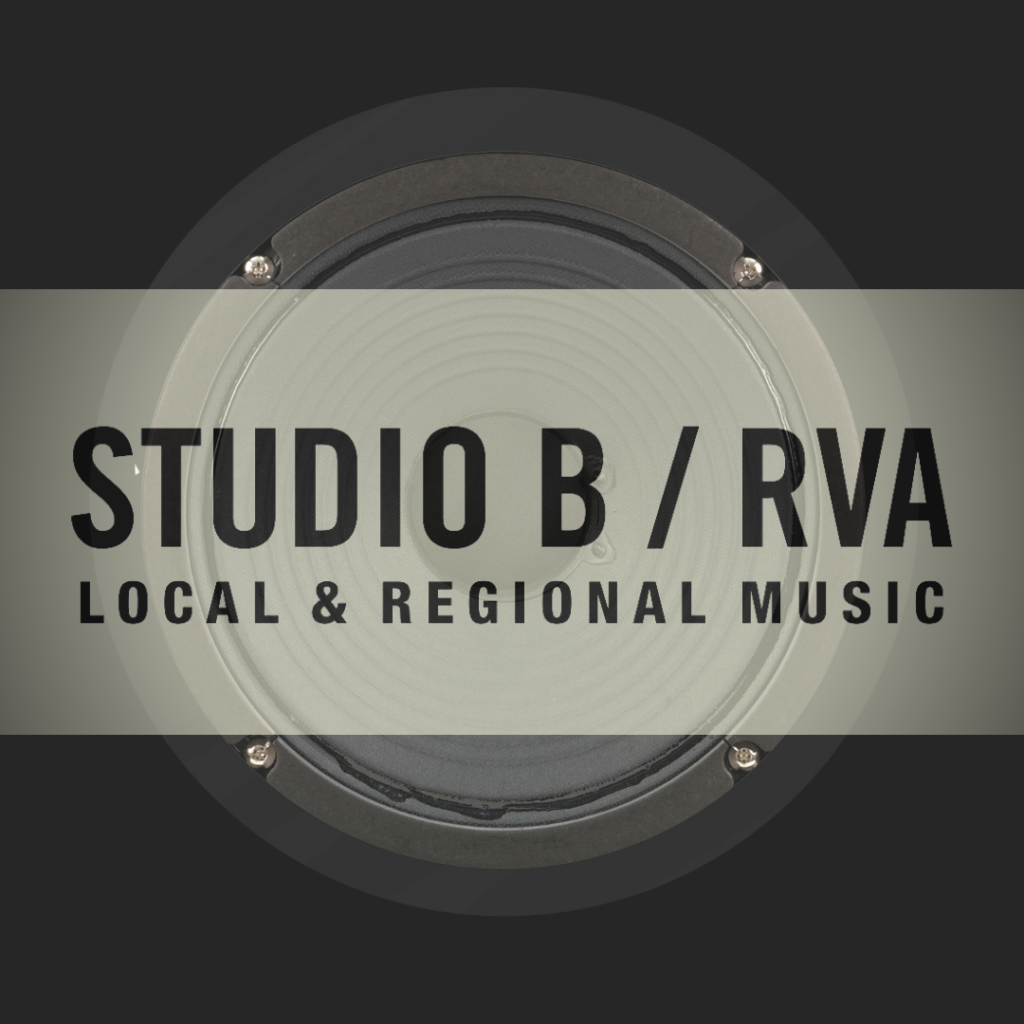Why the quotation marks in the title of this blog post?
Is the self an illusion or not?
Well, who’s asking? Is it the self, or the concept of the self that harbors our identity (what it’s like to be human) within the sense of experience that we consider consciousness. This is not some pseudo-intellectual musing, but rather a question based on seemingly empirical evidence of our existence. We feel. We see. We eat. We live. We think. Descartes said “Cogito, ergo sum”, or “I think, therefore I am.” Is that enough? Is it true?
We are complex animals with complex emotions and complex thoughts. Those emotions and thoughts often rule our day-to-day experience. They’re always with us because they reside within us. They ride around with us constantly reminding us about our shortcomings, our fears, our inadequacies. It’s only when we see them and shine a light on them that we can try to control our own inner narrative and realize that we are not every random thought that claws at us for attention like children at Grandma’s apron. “Think ME! Think ME!” We have to remember to be positive. We have to remember to tell ourselves that we are enough. That’s not to say we’re all shrinking wallflowers afraid of our own shadows; quite the contrary . We are an amazing species we humans.
Just look at how far we’ve come in such a short period of time. We’ve only been around for a fraction of a fraction of a second, relatively speaking, when you consider the known universe is thought to be around 14 billion years old and the modern form of the human brain only developed about 100, 000 years ago with some sources saying it was more recent than that. So that’s .0001 or 1 ten thousandth of a percentage point of the universal timeline that we’ve even possessed self-awareness. And yet we exist in the time of flight, modern medicine and space travel. But, we also exist on the time of modern warfare, weapons that can kill millions instantly, widespread famine and disease including some very aggressive and incurable forms of cancer that many believe have risen due to self-imposed factors such as pesticides and radiation, and, of course, reality tv.
We’re still very young as a species. An experiment, some say. And we’re still figuring this whole civilization thing out.
It’s all-to-easy to focus on the negative in every day life. Especially since, thanks to to the very advances in technology and global communication we could trumpet as miracles of modern living, we are constantly reminded of it via numerous windows and channels of information – social media, internet, tv, pop culture, etc. Meditation is a vital practice for many in an attempt to take back control of our inner narrative and remind ourselves to catch our own thoughts in the act. Our thoughts are always with us and not always acting in our best self-interest. It’s important to observe those thoughts and look deeply into the story they are telling us while always remembering that the “they” IS “us”.
With so many thoughts, emotions, anxieties, hopes, dreams, delusions and possibly worst of all, comparisons rolling around in our very young monkey brains, and so many forms of input being laser-gunned and projected at us and fueling all that noise that shouldn’t be granted the power that it has over us, how are we supposed to know WHO or WHAT the hell we really are from moment to moment? Well, we aren’t. We don’t have to be just one thing. We are all many, many things all at once. And that’s ok. And we need to feel ok with telling ourselves that it’s ok. Experiment. Try new things. Explore. Create. Change jobs. Ask questions. Life is indeed short and experience is the stuff of life. See those thoughts. Then think the shit out of them so they can’t hide. Then let them be on their way. Which is not to say there is no accountability at all in a life and society where, suck as it might, currency smoothes out the edges. Unless you wanna go all unabomber and live in a plywood shack or a treehouse, there is a price to be paid to participate in civilized society. Follow your heart, but don’t follow a sovereign conspiracist into the wilderness.
In my day-to-day experience as a voice actor I feel a sense of gratitude to get to do what I do. My travels have taken me through the worlds of broadcasting, advertising, copywriting, audio post production and sound design, video production, the nonprofit world, the cycling industry and a few others if you count the vocation potpourri that is the average assortment of college jobs. I’ve gotten to try and do a lot of things, most of which have theme running through them. That theme revolves around storytelling through the use of audio, sound, language and music – all things I absolutely love. So for that I am truly grateful. But as a voice actor – a passion AND a job that I embraced as a result of arriving at a confluence of all those things – I get to try on all sorts of different identities. I get to be understated and overboard. I get to be coy and obvious. I get to be quiet and loud, Southern and Northern, shy and extroverted, the referencer and the expositor. I get to see those thoughts hiding in the shadows, grab them firmly by their ears or lapels, roughly by their strong, weathered arms, or gently by their frail little hands, lead them into the light and put them to work and give them value. And each time I do I learn a little more about them and a little more about myself. But I always learn something new. And each time I get to do that, whether it’s an audition, a spec read, a pro bono project or a national campaign, I get a little better at processing more of those levels of consciousness that make humans unique and the emotions that make them unpredictable. There’s no bottom to the well and there’s no ceiling to the sky. There’s always more to learn and understand and figure out. How awesome is that? It also makes me happy on a professional level because like anything else the more you do something with intention the better you get at it. I feel a great responsibility to my clients as well as a great appreciation for them. They put an incredible amount of trust in any creative when they entrust their vision to them. It’s not to be taken lightly. It’s not life-and-death. We’re not doctors or scientists or astronauts or deep sea engineers. But this is our space and we need to lean into it as anyone else does who’s doing a job and providing a service. I’m just thankful that I get up every day excited about what the day may hold because it’s always different and it rarely reveals itself ahead of time. Ironically, it’s not completely unlike chasing that dopamine hit while scrolling through social media. The rush of curiosity and the unexpected keeps you coming back. But when it comes to social media, the hit too often takes the form of anxiety and self-doubt. Whereas when I fire up a Pro Tools session, get behind the mic, pop on to Source Connect and the client is waiting on the other end of the line and we breathe life into something that wasn’t there before based on one of those thoughts that demanded to be thought – it’s pretty wild. I’m grateful for it. And I think, no, I know that gratitude is a story I’ll keep telling myself. Whatever, or whomever my “self” is.








